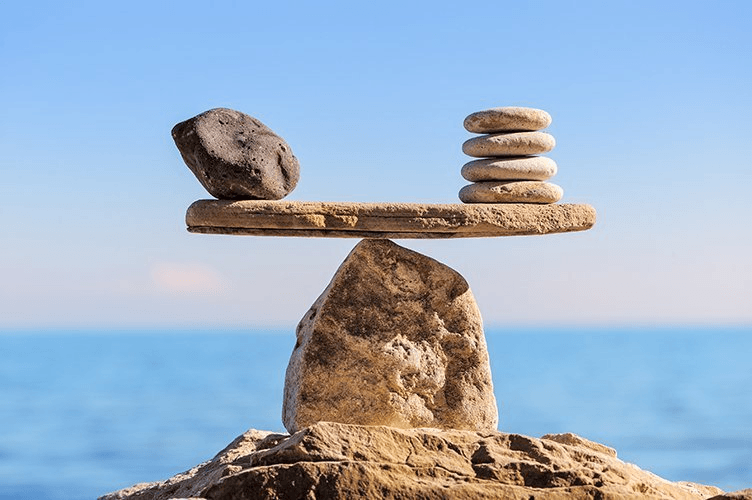We’ve all got to learn the lessons of our karma, but at some point we also need to let go. If we aren’t careful, the lessons which were meant to teach us about higher levels of consciousness can keep us from achieving them. Here’s how not to get stuck processing your karma.
Karma isn’t what most people believe it is. As defined by its Sanskrit root, karma is a neutral phenomenon. The word simply means effect from a cause. Karma isn’t a punishment. It is simply information in, and information out.
If you let go of an arrow from a bow, where it goes is simply a combination of your aim, the force created by the pull-back, and the release of that arrow. Karma is the same. It can be good, bad, or indifferent, in terms of the limited, materialistic view of the world. Our existence now is thought to be a sum of our past actions – which arrows we released, and which arrows we kept tucked away in their quiver.
The sum of all our actions which affect our current experience, includes our mental actions. Every kind thought or compliment we have spoken or thought, eventually comes back to us, because we live in a Holographic universe. If you look at fractals (a Mandelbrot set), you can see this phenomenon displayed very clearly via divine geometry. One tiny swirl or loop is repeated again and again throughout an infinite space. Even our solar system is a fractal expression of the larger universe, so all that happens within it could be considered the karmic reaction – the cause and effect of its collective consciousness.
Or, you can look at your life like a software program. Certain types of programs result in one outcome, while another type of software will provide completely different information, and thus a totally different outcome.
From an ancient yogic perspective (as well as Hindu, Jain, Buddhist, etc), there are three types of Karma:
Prarabdha
This is the karma thought to be responsible for your present body. If Sanchita karma is the “storehouse” of your karma, from all past lives, Prarabdha is the store. It is thought that you are only given what you can stomach in each life. Some karma is so profound that it would cause the death of the physical body if we had to live it all at once.
It is said that once you agree to live a spiritual life, you may even expedite the processing of your karma which can be very unpleasant! If your life seems to be going at warp speed, it could mean you are living out karma at a faster pace. This will be in stark contrast to some around you who seem to have it all made, as if every day were a walk in the park. They have simply decided on a different pace to work through their karma.
Sanchita
This is the karma of your accumulated actions, or the “storehouse” of karma that goes all the way back to single-celled organisms. So every action from every life you have ever lived is contained in sanchita karma. You may have karmic credit, or you may have karmic debts – just like a bank account; however, unlike in an earthly bank account, these positives and negatives do not cancel each other out. You will likely experience each debt or credit as a separate incidence.
At other times you may notice that you need to pay a debt for which you don’t feel you owe anyone anything. This may be the accumulation of a sanchita karma debt from many eons ago which was never paid in full – think of it like an arrow being let loose from the bow moving across quantum space and time. Doing meditation, spiritual practice, selfless service, or other types of “transactions” put a certain “information” into the cosmic Mandelbrot, and can lessen the burden of karmic debts. Imagine having twenty things go “right” in a week, and just one really difficult piece of karma occurring.
Here’s the good news: sanchita karma is updated every single moment with every thought and action you engage in. With this powerful understanding you can greatly affect your future experience.
Agami
Agami in Sanskrit means “to return,” “to arrive,” or “impending future.” Agami karma is the karma you are creating in the present moment to directly affect your future.
If the arrow is about to be released, but hasn’t yet left the bow, that is agami karma. This means that we can hold that bow for just a second, and choose not to release, it, change its course, change its direction, or even how vigorously we let go. This gives us the power to choose our future outcomes. Unlike prarabdha and sanchita – the actions which your past self already decided upon, and therefore cannot easily be changed, agami karma gives us full power to change course.
The Lesson
To move through your karma as quickly and as easily as possible, don’t resist the lessons of prarabdha and sanchita, thereby making more unpleasant karma for yourself. Humbly correct your present actions, and use agami karmic laws to your benefit. This will keep you from becoming stuck in the rut of “bad” karma.

